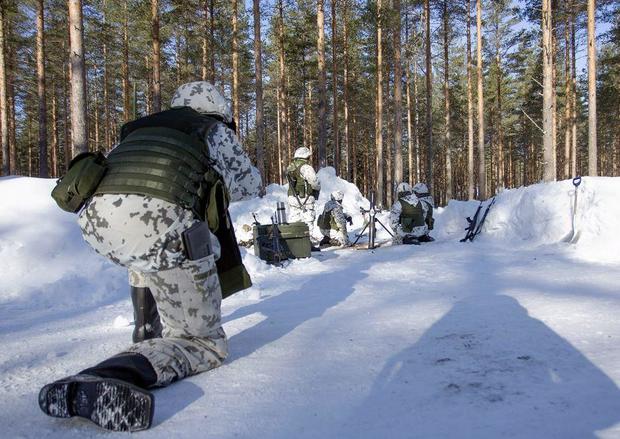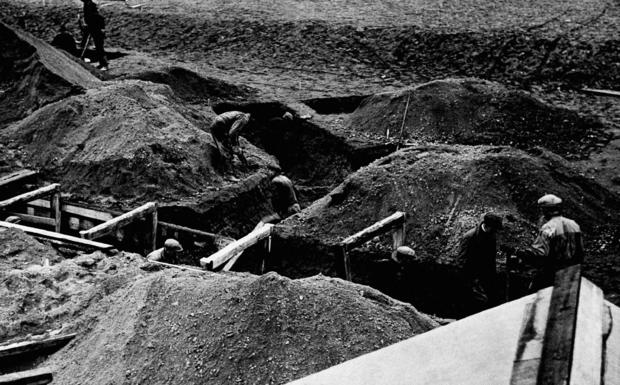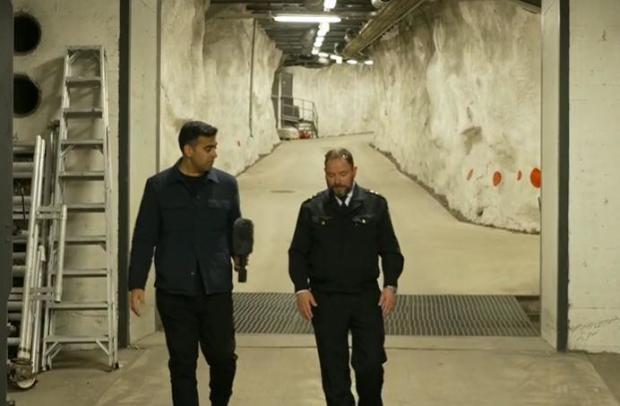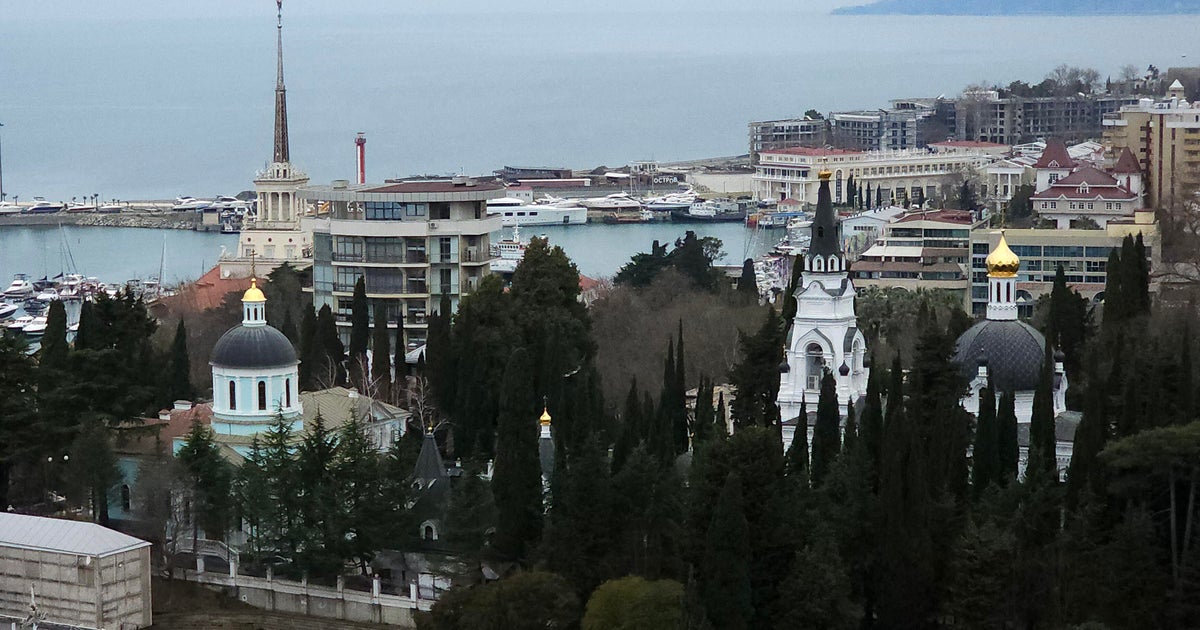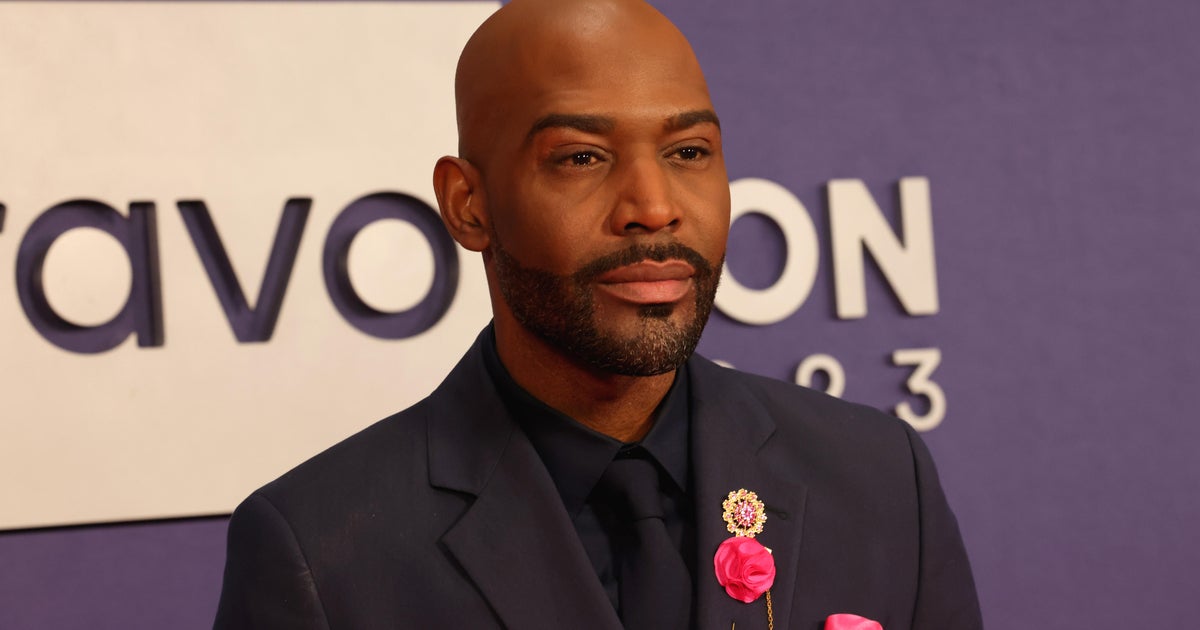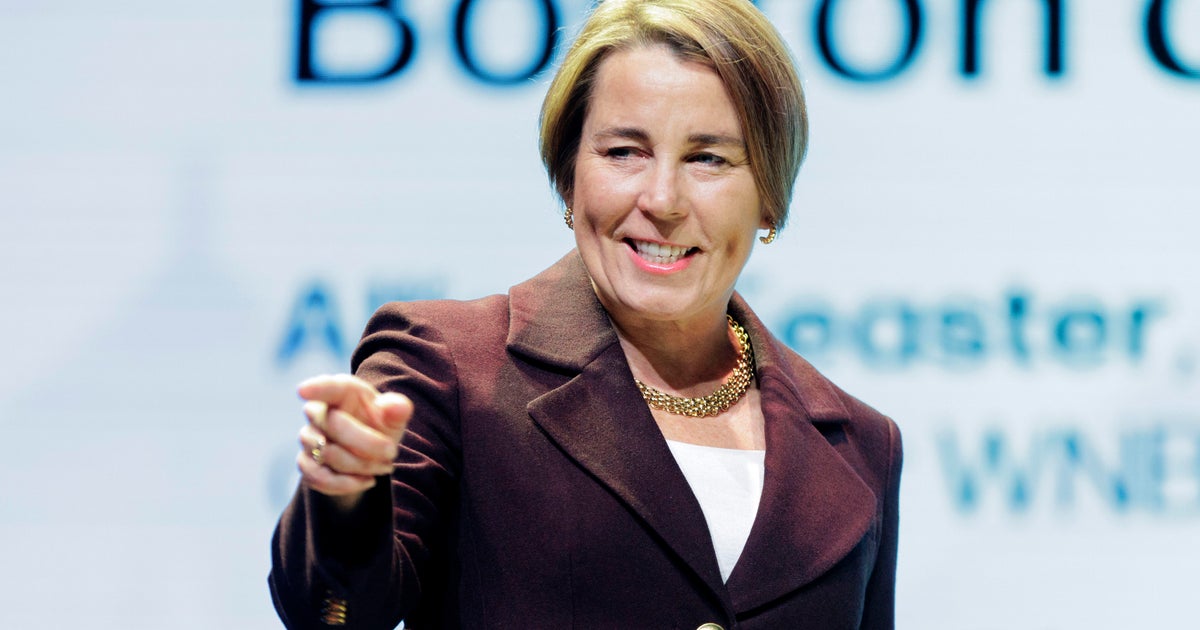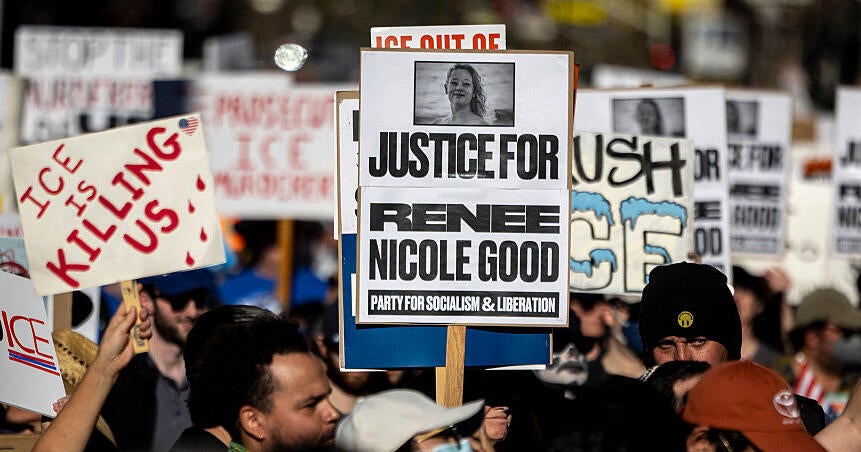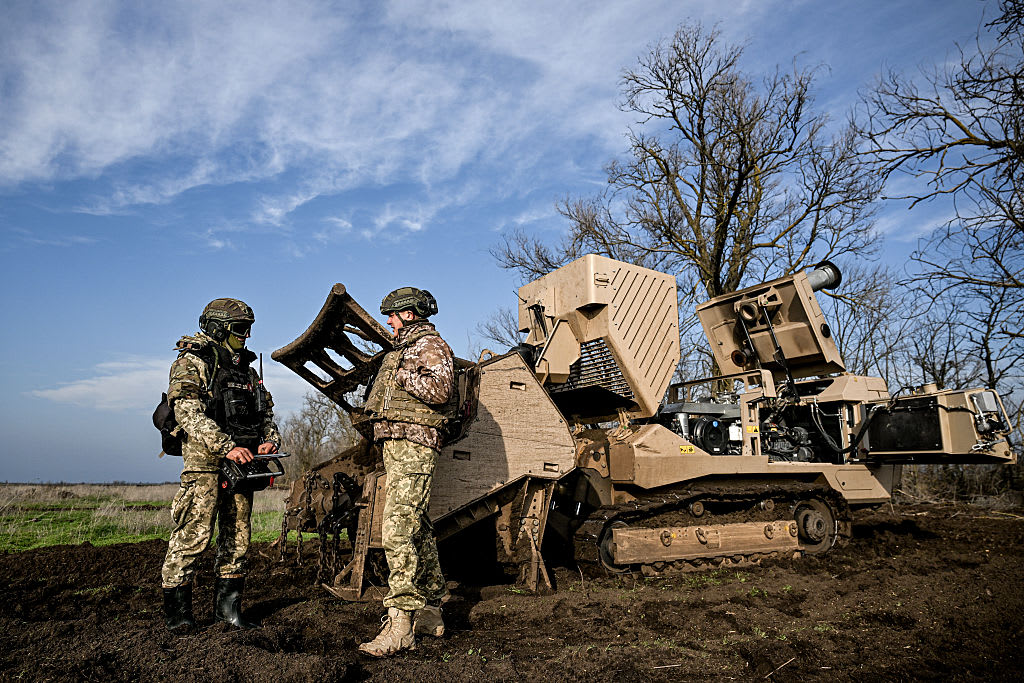Russia's threats aren't scaring Finland or Sweden away from their NATO bids
Helsinki, Finland — Despite repeated threats from Russia, Finland is poised to join the U.S.-led NATO military alliance. The historic move — set to be mirrored by Sweden — will effectively double the length of NATO's land border with Russia.
The Finnish President and Prime Minister announced the Nordic nation's intention to join the bloc last week, calling it "an historic day." As CBS News correspondent Imtiaz Tyab reports, Finland's membership bid has seen it ditch decades of neutrality in a dramatic move prompted directly by President Vladimir Putin's ongoing assault on Ukraine.
Swedish Prime Minister Magdalena Andersson echoed her neighbors' sentiments on Monday, telling Sweden's assembled lawmakers that the "historic change in our country's security policy line" was needed to secure "formal security guarantees" in the wake of Russia's attack on Ukraine.
Russia, and Putin in particular, has long considered NATO a threat. The Kremlin has defended its war in Ukraine partly as a means of pushing the Western alliance back further from its borders — a tactic which, given Finland and Sweden's accession bids, appears to have backfired spectacularly.
Moscow threatened last week to react with unspecified "military-technical measures" should the Nordic states commit the "grave mistake" of joining NATO. The Kremlin warned that "the general level of military tensions will increase" in Europe if the alliance does expand on Russia's doorstep.
Finland's Prime Minister Sanna Marin said her country would not be deterred by any Russian threats — even nuclear threats — and was instead being driven by them.
"I think that within NATO, it gives us security when it comes to nuclear, because NATO also has nuclear weapons," she said.
Tyab said that while Russia's war on Ukraine triggered Finland's decision to join the military alliance, it was a much broader shift in public opinion in the country that made it politically possible. Before Putin launched his invasion of Ukraine on February 24, only around 20% of Finns supported joining NATO. Now, about 75% do.
Tomi Rask, with Finland's Civil Defense Department, gave Tyab a tour of a swimming center in the heart of Helsinki that doubles as a nuclear bomb shelter. He said it's one of 5,500 shelters in the capital city alone — enough space to protect more than 900,000 people.
The shelters aren't new. They're a legacy of Soviet Russia's invasion of Finland in the early 1940s. Russia is a different country today, but its recent belligerence against neighbors has made some Finns glad to have the vestiges of the past still at their disposal.
"Finland has had its wars, so we know what war can do, and for that, we need to take all the measures to protect our citizens," Rask told CBS News.
He said he's "not afraid" that Russia will bring another war to Finland's soil, he's "just thinking there is a possibility," and it's "better [to] be safe than sorry."
Rask said that just as Finns aren't afraid to venture out onto the roads in the Nordic winter thanks to traffic lights, winter tires and seat belts, they aren't afraid of a new war with Russia, because they're prepared.
Joining NATO, the country's leaders and most of its people now believe, will make it even better prepared.
U.S. Senate Minority Leader Mitch McConnell was in Helsinki on Monday, welcoming the Finnish leaders' decision to seek membership in the alliance.
"Frankly, their participation strengthens the alliance," McConnell said.
As Tyab reports, the speed with which Finland and Sweden are trying to join NATO is unprecedented. But the threat of an increasingly isolated and unpredictable Russia has leaders in both countries saying they've been left with little choice.
